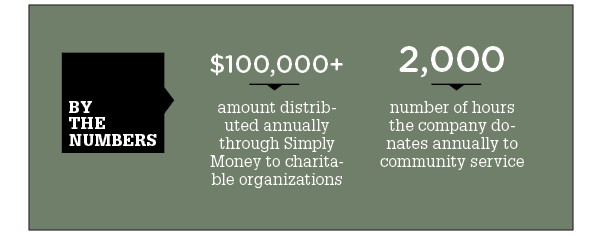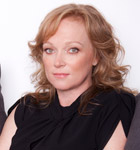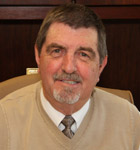When Ed Finke and Nathan Bachrach first sat down over coffee to discuss the possibility of merging their two businesses, their talk stretched for an entire year. It was the early 1990s, and they wanted to be sure that joining forces was the right thing to do. Spousal approval was a priority, so they introduced their wives and went on double dates. It was, according to Finke, like a trial marriage. At the end of the year, it became clear to both men that their respective businesses, teams, and efforts were heading in the same direction, so in 1994 they formed The Financial Network Group, Ltd. (FNG). “We realized that our core values were the same and that we were taking the same approach to business,” says Finke, who spent much of his earlier career working with variable annuities as a wholesaler. “It seemed like a natural progression to combine our efforts.”
The Cincinnati-based company is first and foremost a financial-planning and investment advisory firm, managing money for individuals, retirees, and those planning to retire. In addition, FNG advises nearly $1 billion in assets, and offers financial-education programs through the continuing-education division at the University of Cincinnati. Now in its 17th year, FNG has about 40 employees, including affiliates, and boasts a nationwide clientele, although most are in the Ohio, Kentucky, Indiana tri-state region. And the vast majority of those clients are individuals who have accumulated and saved their money. “Most of the people who come to us for financial planning have lived much of their lives below their means,” Bachrach says.
In addition to financial planning and investment advising, Finke and Bachrach are also media personalities. Not only do they write a weekly financial column for the Cincinnati Inquirer, but they also host their own proprietary program, Simply Money, on local and national radio and television news programs, including Fox Business Network. Their march toward celebrity started in the mid-1990s, when the two proposed an idea for a program on investor education to the local National Public Radio affiliate. The mutual-fund industry was on the verge of booming, and it seemed that everyone was suddenly in the business of investing and managing money, whether they knew how to or not. And Finke was convinced that many who did know what they were doing were making the business more complicated in order to make more money.
“Our approach has always been that anybody can make money boring and complicated, but it’s tough to make it fun and simple.” Bachrach says. “So we adopted the phrase, ‘We’re your on-air financial adviser dedicated to the belief that there’s nothing complicated about the money business, except the people in it.’ It was catchy, and it stuck.”
And what started as the Simply Investing program became Simply Money. Despite their occasionally irreverent approach, Finke and Bachrach take their business—and the business of educating people about financial planning—very seriously, which accounts for much of the company’s success. But, they are equally serious about their commitment to community-service programs. To that end, the Simply Money Foundation was launched in 2010 with the goal of contributing to the initiatives and efforts of other nonprofits. Interestingly, FNG has partnered with the foundation to offer donors additional incentive to support the community: a free financial plan. Whereas many companies market their philanthropic efforts by donating a portion of sales to charity, FNG has created a mechanism for contributions to be directed to charities, independent of sales.
While individual donors can contribute to the foundation’s designated charities, they can also benefit with a financial plan tailored to their own goals. As Bachrach notes, the point isn’t to build an endowment, but to provide financial support now. “The need for money is immediate,” he says. “And that need isn’t going away.”
Among the numerous initiatives the foundation supports are the Cancer Care Network, the Yellow Ribbon Fund, the Springer School and Center for children with learning disabilities, and Cincinnati Children’s Hospital. But, the beneficiary that has felt the greatest impact is Honor Flight Tri-State, an organization that provides World War II veterans with all-expenses-paid day trips to visit the WWII memorials in Washington, DC. “This is our way of thanking and praising these men and women for basically saving the world,” Finke says. “It’s a great organization that performs a great service.”


